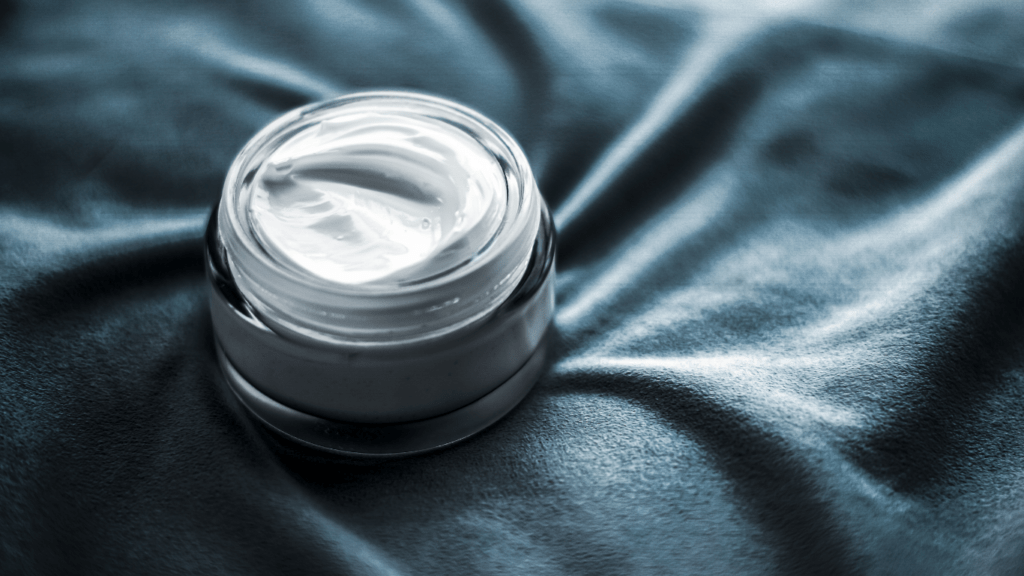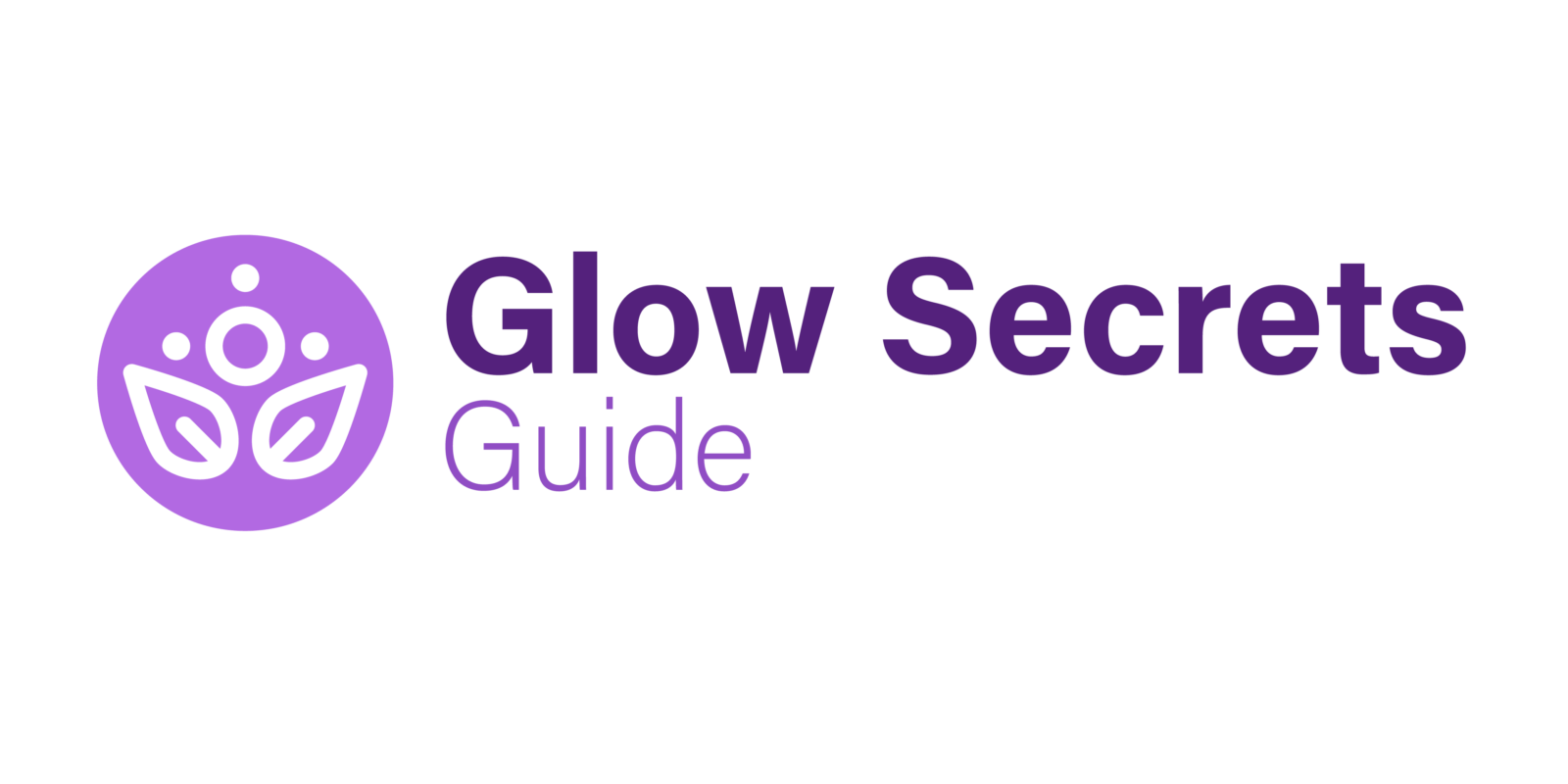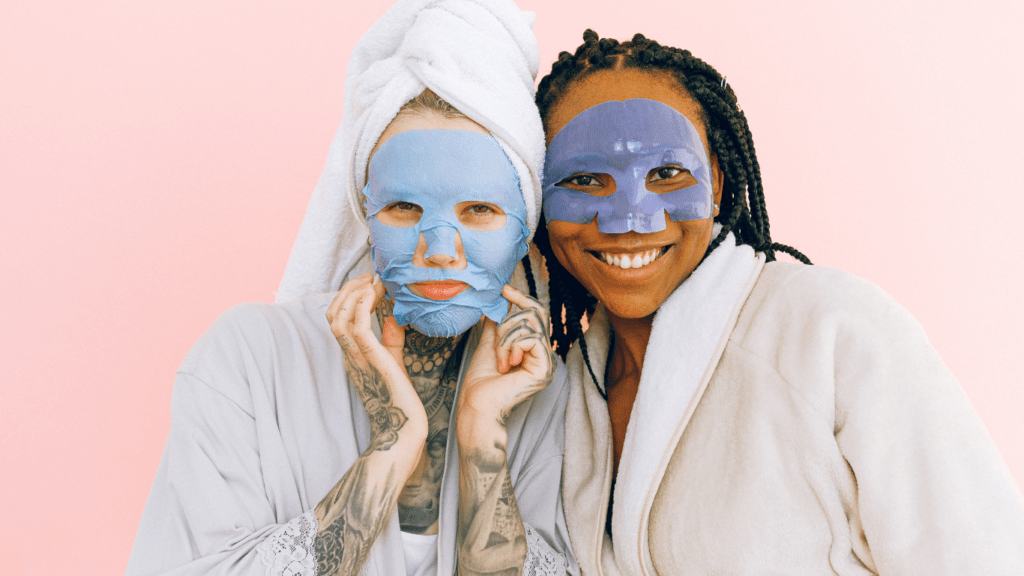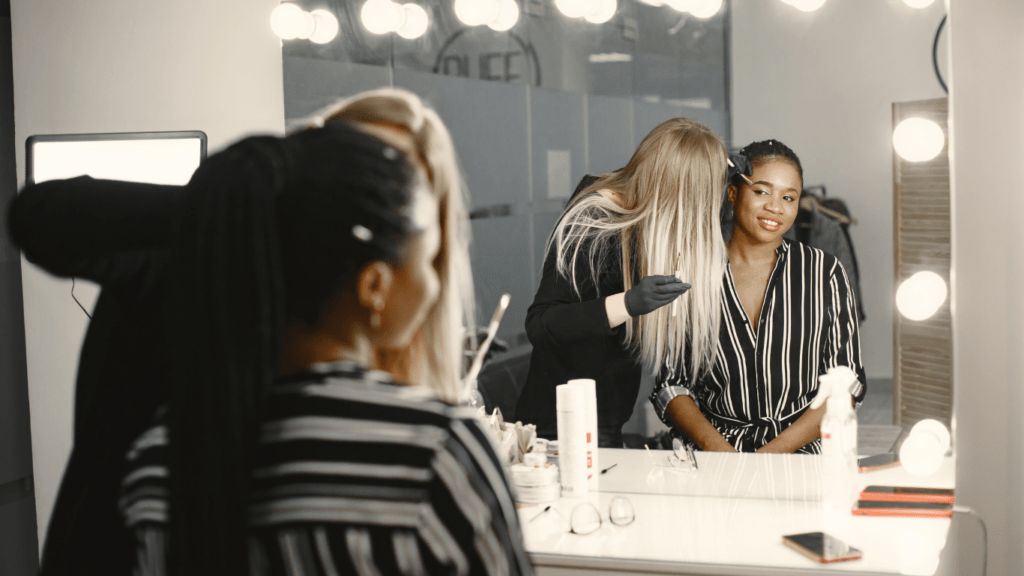Understanding AI in the Beauty Industry
AI in the beauty industry leverages data to enhance user experience and product effectiveness. It analyzes data sets like selfies, social media posts, and purchase history to offer customized beauty solutions. Machine learning algorithms predict skin issues and recommend personalized skincare products.
Data Analysis for Personalized Solutions
AI tools scrutinize various data points. For example, they examine user selfies to assess skin conditions and track changes over time. By scanning social media activity, these tools gauge current beauty trends and individual preferences. Purchase history helps refine product suggestions, ensuring they meet specific needs.
Virtual Try-ons and Augmented Reality (AR)
AI applications utilize AR for virtual makeup try-ons. Users can see how different products look on their faces through phone cameras or smart mirrors. This technology saves time and reduces product waste by allowing users to try before they buy.
Predictive Analytics for Skin Health
Predictive analytics forecasts potential skin problems. AI can detect early signs of issues by evaluating factors like skin texture, pigmentation, and elasticity. Users receive alerts and preventive product suggestions, fostering proactive skincare routines.
Chatbots and Customer Service
AI-powered chatbots provide instant customer service. By answering queries and offering product recommendations, they enhance customer engagement. These chatbots learn from interactions to improve accuracy and effectiveness over time.
AI in Product Development
AI informs product development by analyzing consumer feedback and market trends. It identifies gaps in the market and possible improvements for existing products. This results in innovative solutions that better meet customer needs.
Final Thoughts
AI is transforming the beauty industry by offering personalized, data-driven solutions. It impacts various aspects, from product recommendations to customer service, making beauty routines more effective and enjoyable.
Personalized Skincare Solutions

AI is bringing a new level of personalization to skincare routines. By analyzing individual skin types and conditions, AI offers solutions tailored to each person’s unique needs.
Custom Product Recommendations
AI recommends skincare products based on unique user data. By analyzing selfies, social media activity, and purchase history, AI algorithms suggest specific products that match individual needs and preferences.
Examples include personalized serum suggestions for specific skin concerns like dryness or acne. This precision reduces trial and error, enhancing user satisfaction and confidence in product efficacy.
Skin Analysis and Diagnostic Tools
Advanced skin analysis tools powered by AI diagnose skin conditions with high accuracy. Users upload selfies, and the AI scans for issues such as:
- blemishes
- wrinkles
- pigmentation
Examples include apps identifying skin hydration levels or detecting early signs of aging. These diagnostic tools not only recommend corrective measures but also track skin health over time, providing ongoing personalized advice.
Enhancing Makeup Applications
AI is transforming makeup applications by providing innovative solutions that enhance user experience and satisfaction.
Virtual Try-Ons
Virtual try-ons allow users to test makeup products digitally. Through augmented reality (AR) and AI, users see how different makeup looks on their face without applying any product. Apps like YouCam Makeup and Sephora Virtual Artist offer tools to preview various products, including lipsticks and eyeshadows.
This technology significantly reduces the guesswork in choosing the right shade and style. Virtual try-ons also help users discover new looks they might not have tried otherwise, offering a broader experimentation palette.
AI-Powered Beauty Assistants
AI-powered beauty assistants offer personalized makeup advice and recommendations. These virtual assistants analyze user features, skin tone, and preferences to suggest suitable products.
Brands like L’Oréal and Estée Lauder use AI chatbots to guide customers through product selections. These assistants ensure users receive tailored beauty tips, enhancing their makeup routine efficiency. Additionally, AI beauty assistants can remind users about product expiry dates, ensuring their makeup collection remains up-to-date and safe.
Streamlining Cosmetic Development
AI is streamlining cosmetic development by transforming how products are formulated and market trends are analyzed.
Formulation and Ingredient Analysis
AI optimizes formulation by analyzing vast ingredient databases, ensuring safe and effective products. Machine learning models predict the efficacy of new compounds, reducing trial and error in labs.
For example, AI identifies potential allergens and ensures compliance with regulations, accelerating the development process. Brands use AI to customize formulas based on individual skin types and concerns, creating personalized skincare products.
Predictive Trends and Consumer Insights
AI predicts trends by analyzing social media, product reviews, and customer feedback. Machine learning algorithms identify emerging patterns and preferences, enabling brands to stay ahead of market demands.
For instance, AI can detect rising interest in sustainable beauty products, allowing companies to adjust their strategies accordingly. Additionally, AI-driven insights help tailor marketing campaigns to target specific demographics, increasing engagement and sales.
AI in Retail and Marketing
AI is transforming the way the beauty industry approaches retail and marketing, enhancing customer experiences and driving personalized engagement.
Virtual Shopping Experiences
- AI technologies like augmented reality (AR) and virtual reality (VR) create immersive shopping experiences.
- Customers try products virtually using their smartphones or tablets.
- Companies like Sephora and L’Oreal use AI-driven apps to provide virtual try-ons, allowing customers to see how makeup products look on their faces.
This reduces the need for physical testers, particularly beneficial for online shopping.
Personalized Marketing Campaigns
AI analyzes vast amounts of data to create targeted marketing campaigns. By examining customer behavior, purchase history, and social media interactions, AI tools generate personalized product recommendations.
Brands like Estée Lauder employ AI to customize email campaigns and advertisements, ensuring content relevance. These campaigns increase customer engagement and conversion rates by delivering personalized beauty solutions.
Ethical Considerations and Challenges
AI’s integration into the beauty industry brings ethical concerns and challenges that need addressing to ensure responsible usage.
Data Privacy Concerns
- The collection and use of personal data are critical in AI-driven beauty solutions.
- Companies gather data from selfies, purchase history, and social media interactions.
- There’s a risk of misuse or unauthorized access if data protection measures aren’t stringent.
Facial recognition technology, for example, can expose users to privacy breaches if not handled properly. It’s crucial to implement robust data encryption and adhere to regulations like GDPR to safeguard consumer information.
Mitigating Bias in AI Algorithms
AI algorithms in beauty applications can inadvertently perpetuate bias. Historical data reflecting societal biases can lead to inaccurate or unfair beauty recommendations.
For instance, algorithms can favor certain skin tones over others. Ensuring diversity in datasets and regularly auditing AI models can help mitigate these biases. It’s essential to prioritize inclusivity in AI development to create equitable beauty solutions.


 Bonnie Brown is an expert in holistic wellness with over a decade of experience in natural health and skincare. She has dedicated her career to helping individuals achieve radiant health through plant-based solutions and mindful self-care practices. Bonnie is passionate about blending ancient traditions with modern wellness techniques, making her insights a valuable resource for anyone on a journey to healthier skin and overall well-being.
Bonnie Brown is an expert in holistic wellness with over a decade of experience in natural health and skincare. She has dedicated her career to helping individuals achieve radiant health through plant-based solutions and mindful self-care practices. Bonnie is passionate about blending ancient traditions with modern wellness techniques, making her insights a valuable resource for anyone on a journey to healthier skin and overall well-being.
